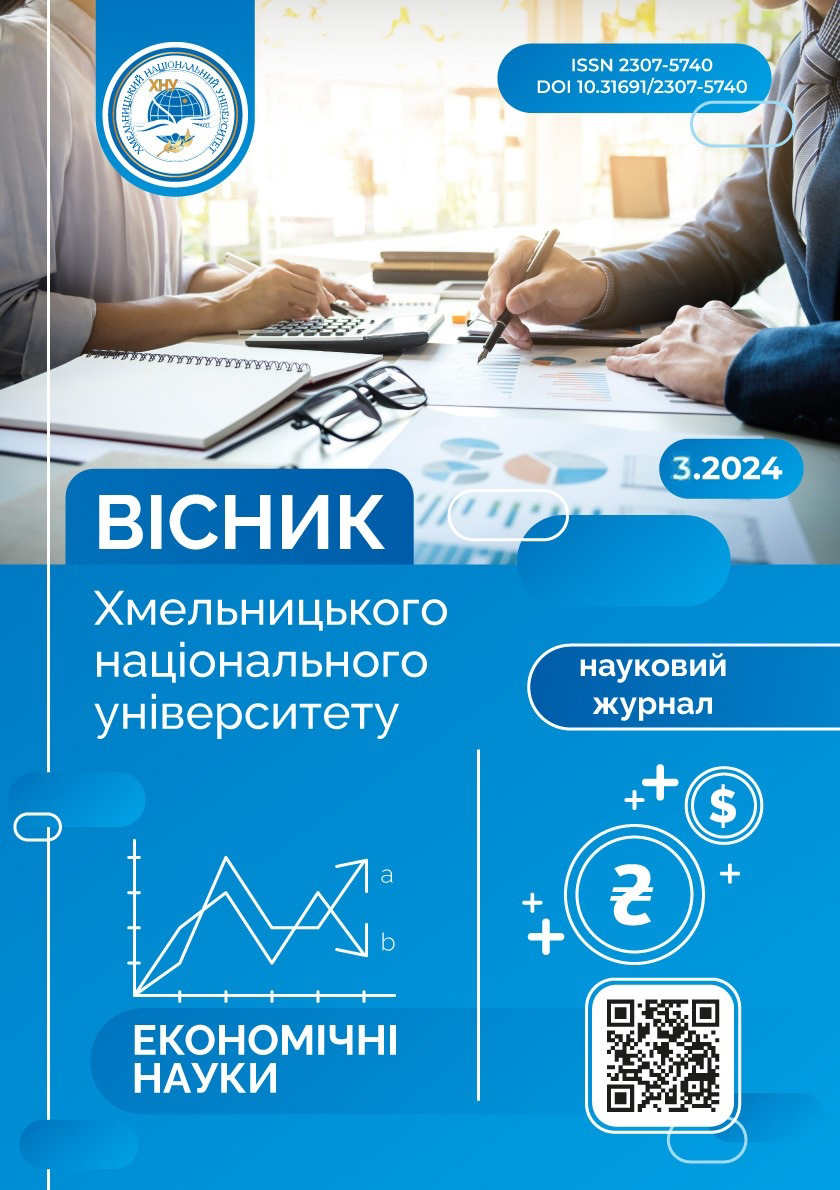МІЖНАРОДНИЙ ЕКОНОМІЧНИЙ ПОРЯДОК: ВИТОКИ, ВИКЛИКИ ТА РИСИ ПОСТ-НЕОЛІБЕРАЛЬНОЇ МОДЕЛІ
DOI:
https://doi.org/10.31891/2307-5740-2024-330-63Ключові слова:
міжнародна політична економія, інституціоналізм, нова нормальність, сталий розвиток, трансформація, глобальне публічне благо, міжнародний економічний порядокАнотація
Стаття присвячена вивченню теоретико-методологічних питань розвитку міжнародного економічного порядку в період після домінування неоліберальної моделі, щодо оновлення якої наводиться належна аргументація у складі трендів розвитку та неврегульованих вимірів сучасного міжнародного дискурсу. Встановлено, що спостерігається відносна активізація публікацій з питань розвитку МЕП, обсяги яких ще на досягли попередніх пікових значень, але вже спостерігається зростання комплексності теоретичних поглядів та практичних заходів щодо його удосконалення. Розкривається потреба в оновленні МЕП de facto та de jure.Доводиться, що ключовими акторами, які будуть окреслювати оновлений МЕП мають бути як національні уряди, так і міжнародні організації, а також представники корпоративного сектору, які у сукупності будуть покладатись як на процеси самоорганізації та утворення спонтанного порядку, так і цілеспрямовано діяти для утворення саме такого МЕП, який допоміг би розв’язувати глобальні проблеми і кризи, а також досягати Цілей сталого розвитку. Продемонстровано, що глобальні конкурентні стратегії країн і цивілізацій з різною ефективністю скористались умовами неоліберальної парадигми, що обумовило як структурні зміни в світовій економіці, так і трансформувало пріоритети подальшого розвитку. Визначено, що хоча глобальна експансія корпорацій, які значно виграли від ліберальних умов розвитку світового ринку, вступає в суперечність розвитку світової економіки, загострюючи глобальні проблеми та кризи, однак БНП демонструють готовність долучатись до утворення нової нормальності, розвитку ринків для досягнення Цілей сталого розвитку. Складено порівняльну характеристику неоліберальної та пост-неоліберальної моделей МЕП, що дозволить ключовим гравцям краще орієнтуватись при реалізації стратегій розвитку з урахуванням активізації процесів трансформації МЕП.



